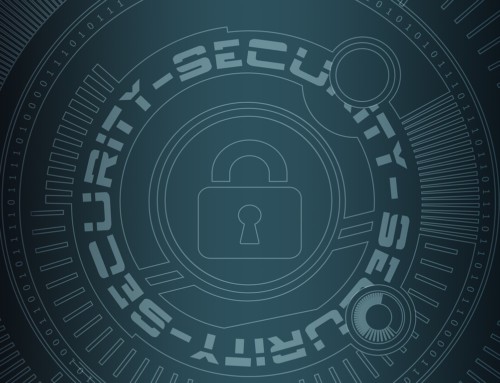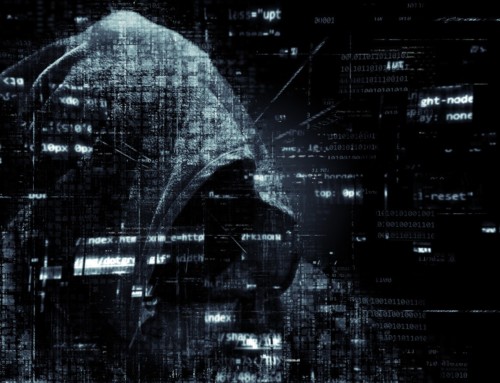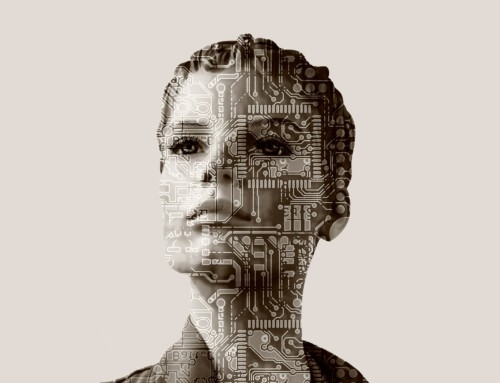What is Mass Surveillance?
Mass surveillance is the act of complex monitoring and data collection of an entire population or a specific group of that population done at random or without careful judgment.
It can be carried out by the government or its institutions, or by private corporations, either on behalf of governments or at their own initiative.
Mass surveillance is also known as “passive” or “undirected” surveillance, because it is not targeted on anyone from that population in particular, but it gathers data for possible future use. It involves a systematic interference with people’s right to privacy.
Mass Surveillance Methods
- Listen in on cell phone calls
- Voice recognition to scan mobile networks
- Read emails and text messages
- Censor web pages
- Social Media Monitoring and Censoring
- Track a citizen’s every movement using GPS
- Installing tools using malicious malware and spyware
- Secretly turn on webcams built into personal laptops and microphones in cell phones not being used.
And all of this information is filtered and organized on such a massive scale that it can be used to spy on every person in an entire country.
“Collect everything”?
Depending on each nation’s laws and judicial systems, the legality of and the permission required to engage in mass surveillance varies.
With all this collection of information an interference to our privacy occurs.
The position: “Everyone is a target” - encourages the mass surveillance programmes to “collect everything” and then mine it, exploit it, extrapolate from it; look for correlations and patterns, suspicious thoughts or words, tenuous relationships or connections.
These relationships and correlations can contribute unfair suppositions to be made and individuals to be linked together on the basis of information that may be no more than a coincidence.
So, authorities can have access to data about the entirety of an individual’s life: everything they do, say, think, send, buy, record, everywhere they go and with whom, from when they wake up in the morning until when they go to sleep.
This mass data collection can leave room for abuse of power and misuse of information in case of breach or data leaks. On the other hand, the threat of being subject to abuse, discrimination or error results in changes in human behaviour, and consequently changes the way we act, speak, and communicate, which means it may limit someone’s right to his or her privacy.
All of this can violate privacy rights, so that freedom of expression can be limited, organizations stopped, dictatorships established.
How to protect your privacy?
At Secure Swiss Data we believe that your privacy is an essential prerequisite of your civil liberties and human rights. No one should be allowed to snoop around your private thoughts, and no global advertising organisation should be able to profit from data mining your communications. Privacy is not about having something to hide, it’s about the right to control what you want to share and what you want to keep to yourself. If you think about it, we all have something to lose, if it’s those private photos or that critical competitor sensitive information. Privacy is your fundamental human right, enshrined in the Universal Declaration of Human Rights, something that a lot of people are trying to break down with every excuse in law in order to make money.
Secure Swiss Data is pleased to introduce you to a service that is:
- encrypted
- totally secure
- advertisement free
- and will never collect information about you
- never read your emails or copy anything
- never track your location and will never sell information about you





Leave A Comment